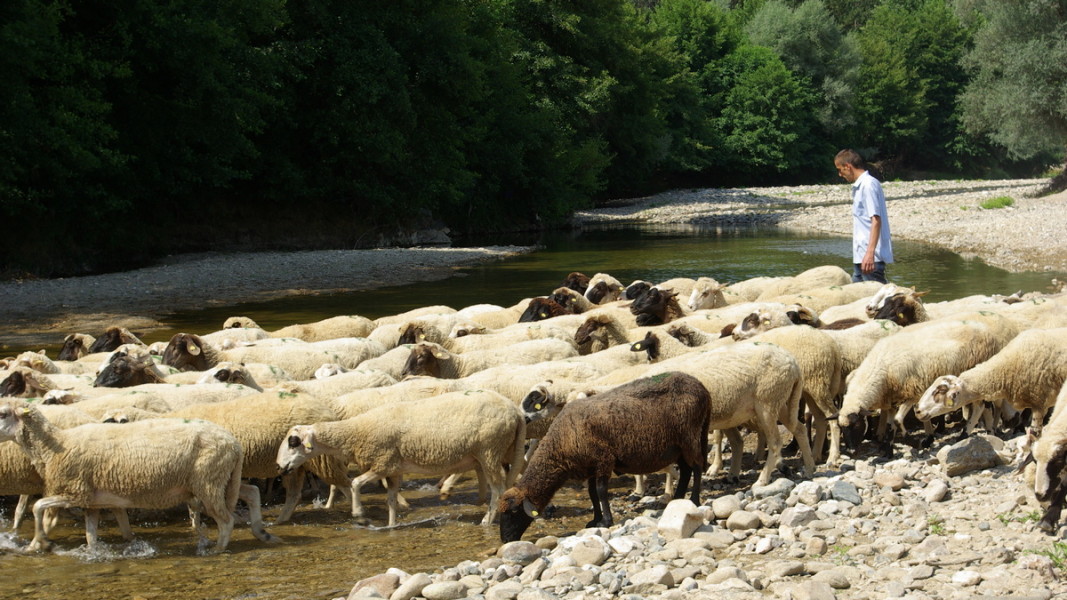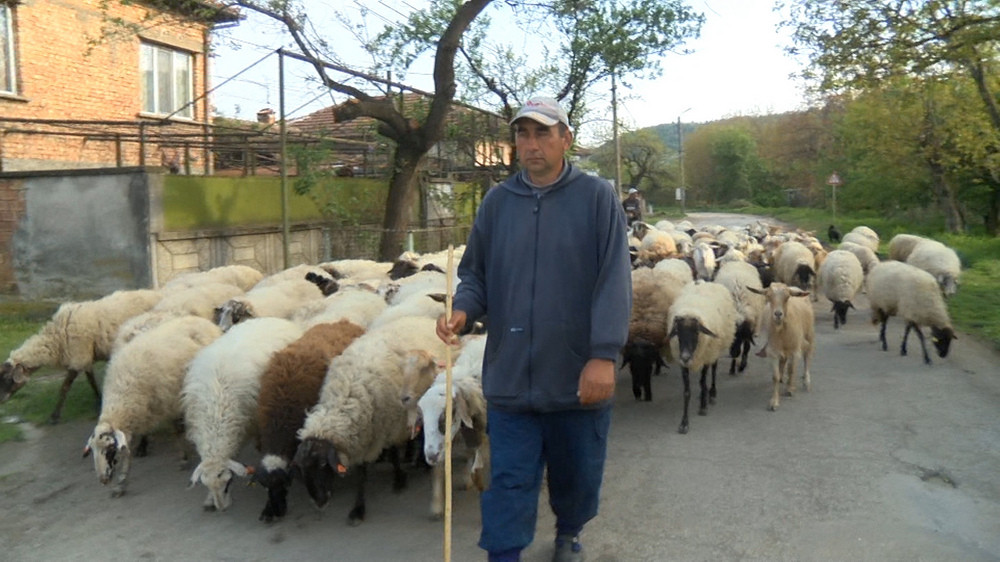There are no less than 120,000 virtual sheep and goats, for the breeding of which subsidies are being taken, yet there are no such animals on the farms. In the summer, Bulgaria’s National Sheep and Goat Breeding Association came out with an estimate that nearly BGN 20 million a year are drained via this practice. "The reason for these so-called “virtual animals” lies in the methodology by which pastures are distributed so far," Simeon Karakolev, chairman of the National Sheep and Goat Breeding Association, told BNR. The organization noticed that there was a discrepancy between the number of animals declared in the documents and their actual number, as the municipalities count the animals that appear in the register without making on-site inspections for correctly submitted information.
Recently, again on the air of the Bulgarian National Radio, breeders alerted about a concomitant problem caused by these "fictional animals", which appear only in the systems of the Bulgarian Food Safety Agency (BFSA), but not in reality. It consists in the fact that subsidies are also received for the pastures on which the virtual sheep are supposed to graze. "We give our best pastures to aliens. That is why we – the farmers have a proposal – to introduce sanctions for those clerks and officials who, under pressure or for some benefit, make an arbitrary interpretation of the law," Simeon Karakolev told BNR.

"Currently, there is no sanction anywhere in the law for an official who does not comply with it. It turns out that many officials in both municipalities and some of the regional directorates of Agriculture do not apply the law as prescribed. Nowhere is there a penalty envisaged for unfinished, unperformed or uncompleted activities, and accordingly no penalty for inaction. The fact that this happens in many places and there is a lot of evidence for such actions shows that the relevant chairmen of commissions, employees at a level that decides on the distribution of pastures, are motivated to apply this subjectivism. Those municipalities that apply the law correctly, whether it is good or bad, will not have any problem. The problem is in those municipalities where the law is not applied properly. But in the end, that's what the laws are about, they're for everyone to abide by them, they're not for interpretation or reflection."
With their proposal for personal accountability, the members of the National Sheep and Goat Breeding Association want to increase self-control at the local level, as the violations could be monitored by both the farmers themselves and the officials. According to Simeon Karakolev, it often happens now that even the mayor of the respective town or village does not know what livestock farms there are and what animals are kept on the territory administered by him.

"We rely a lot on the desire for transparency and publicity of the political leadership of the Ministry of Agriculture. All members of all parties represented in parliament have united around the importance and need for such a change, because the people who are suffering from this law at the moment belong to all political parties."
The upcoming parliamentary elections in the spring may be a chance in favour of farmers' demands. The fact is that by the end of November, the Ministry of Agriculture will coordinate the proposals made, and then they will have to go through all steps of the legislative apparatus way in the standing parliamentary committees.
Compiled by Gergana Mancheva
Photos: BTA and BGNES
The Institute for Market Economics has reported that it took 134 days for working Bulgarians to pay their debts to the treasury. This day is almost always in the middle of May, economist Lachezar Bogdanov told BNR. According to..
47% of Bulgarians disagree with the statement that Bulgaria's entry into the euro area will boost the Bulgarian economy and raise their living standards. This is the result of a national survey conducted by the Market Links agency between 27 April and..
The Organisation for Economic Co-operation and Development (OECD) forecasts an acceleration in Bulgaria's economic growth from 1.8% in 2023 to 2.5% in 2024 and to 2.9% in 2025 as public investment increases along with EU funds. OECD expects inflation..

+359 2 9336 661
